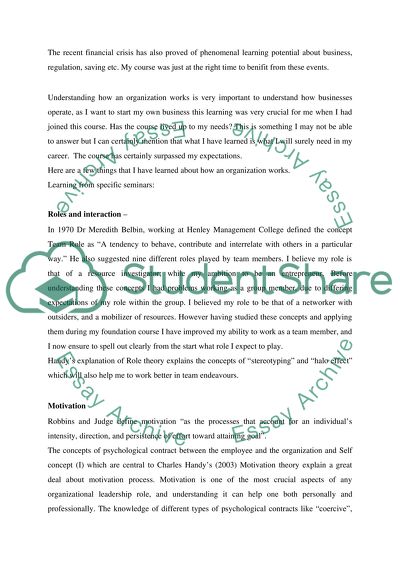Cite this document
(“The Economic Life of My Community Personal Statement”, n.d.)
The Economic Life of My Community Personal Statement. Retrieved from https://studentshare.org/education/1419256-reflective-essay
The Economic Life of My Community Personal Statement. Retrieved from https://studentshare.org/education/1419256-reflective-essay
(The Economic Life of My Community Personal Statement)
The Economic Life of My Community Personal Statement. https://studentshare.org/education/1419256-reflective-essay.
The Economic Life of My Community Personal Statement. https://studentshare.org/education/1419256-reflective-essay.
“The Economic Life of My Community Personal Statement”, n.d. https://studentshare.org/education/1419256-reflective-essay.


